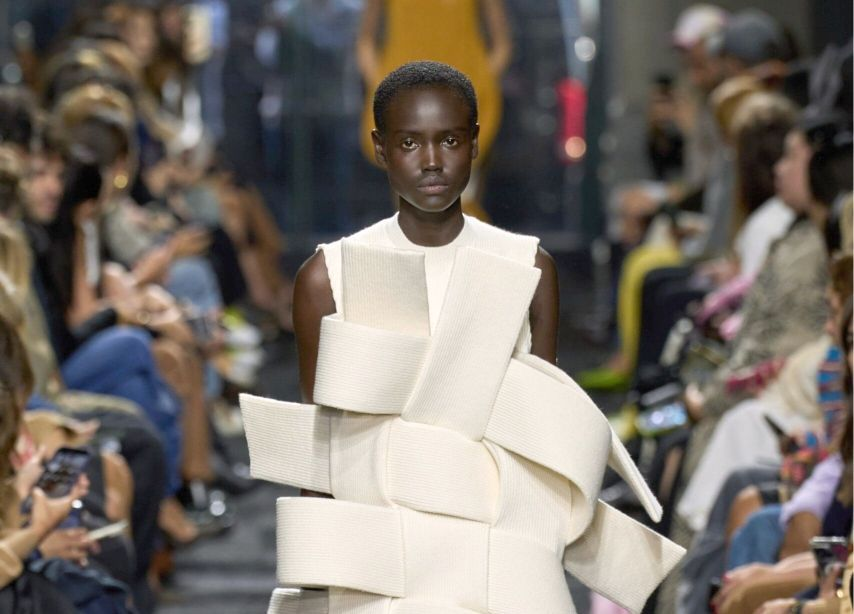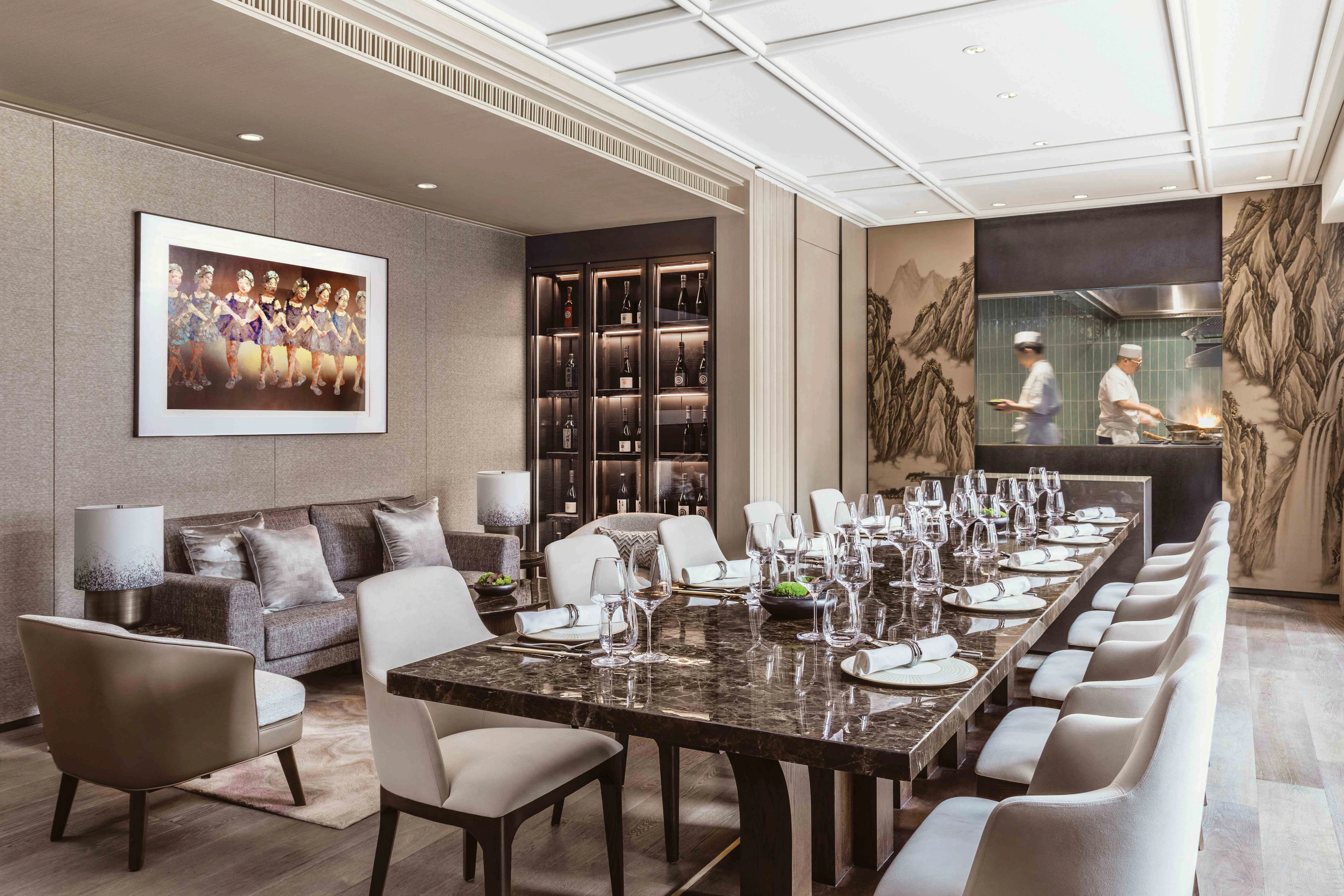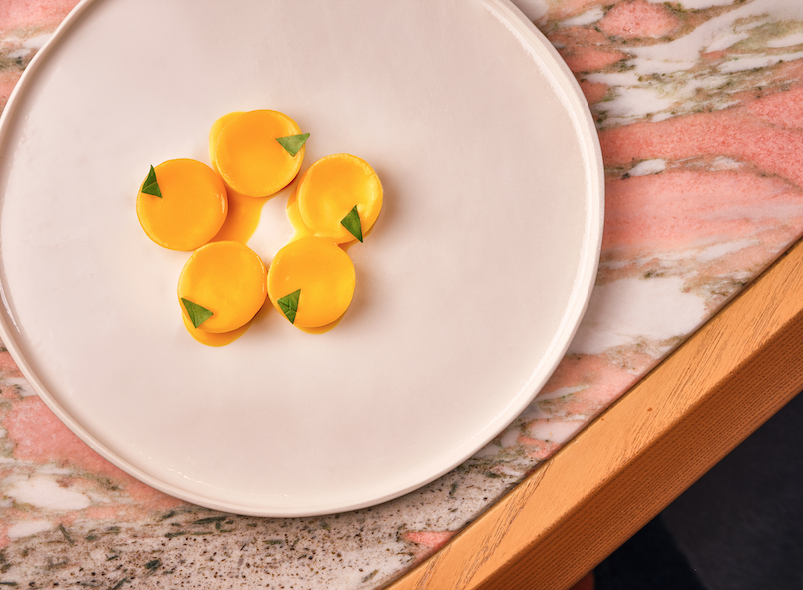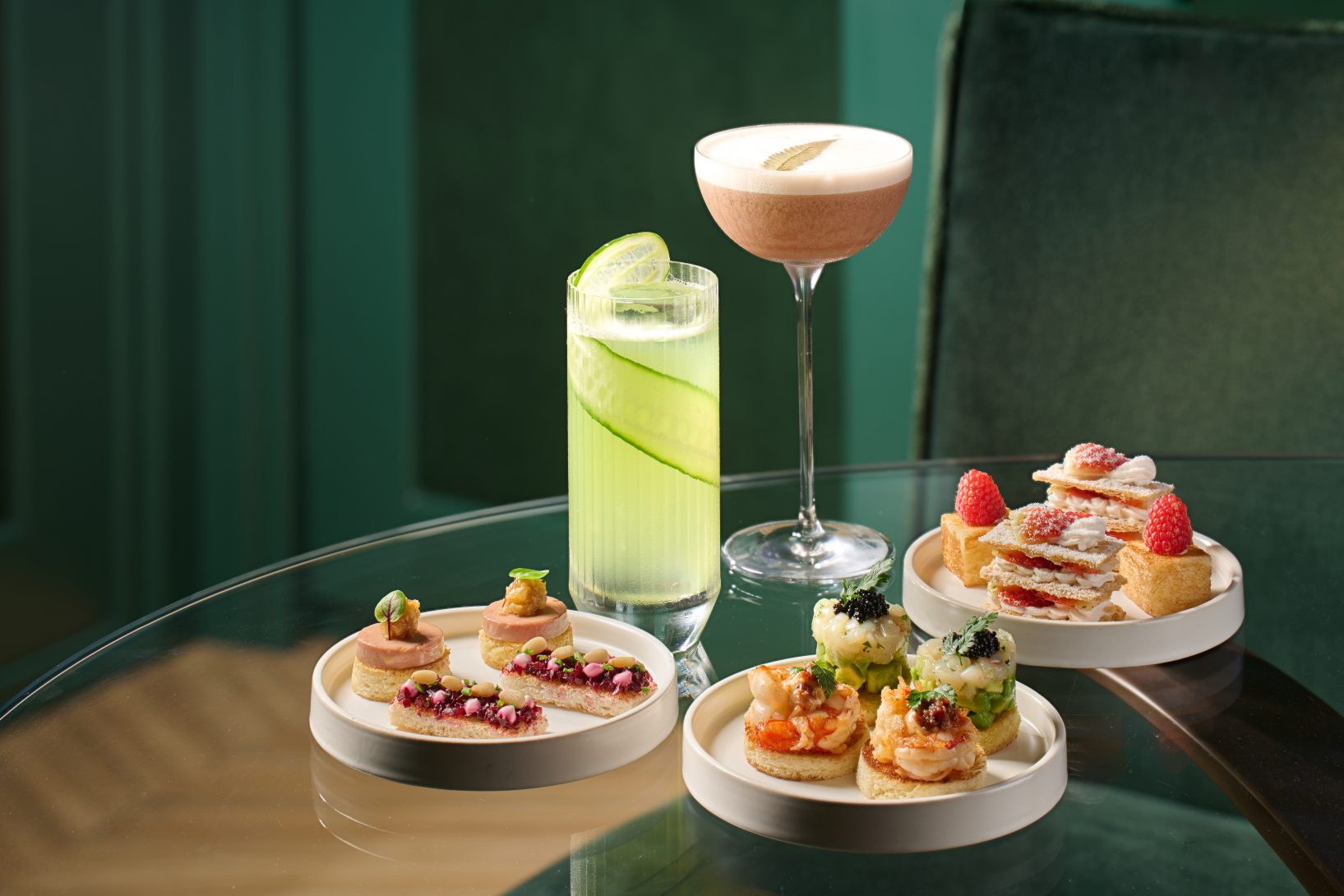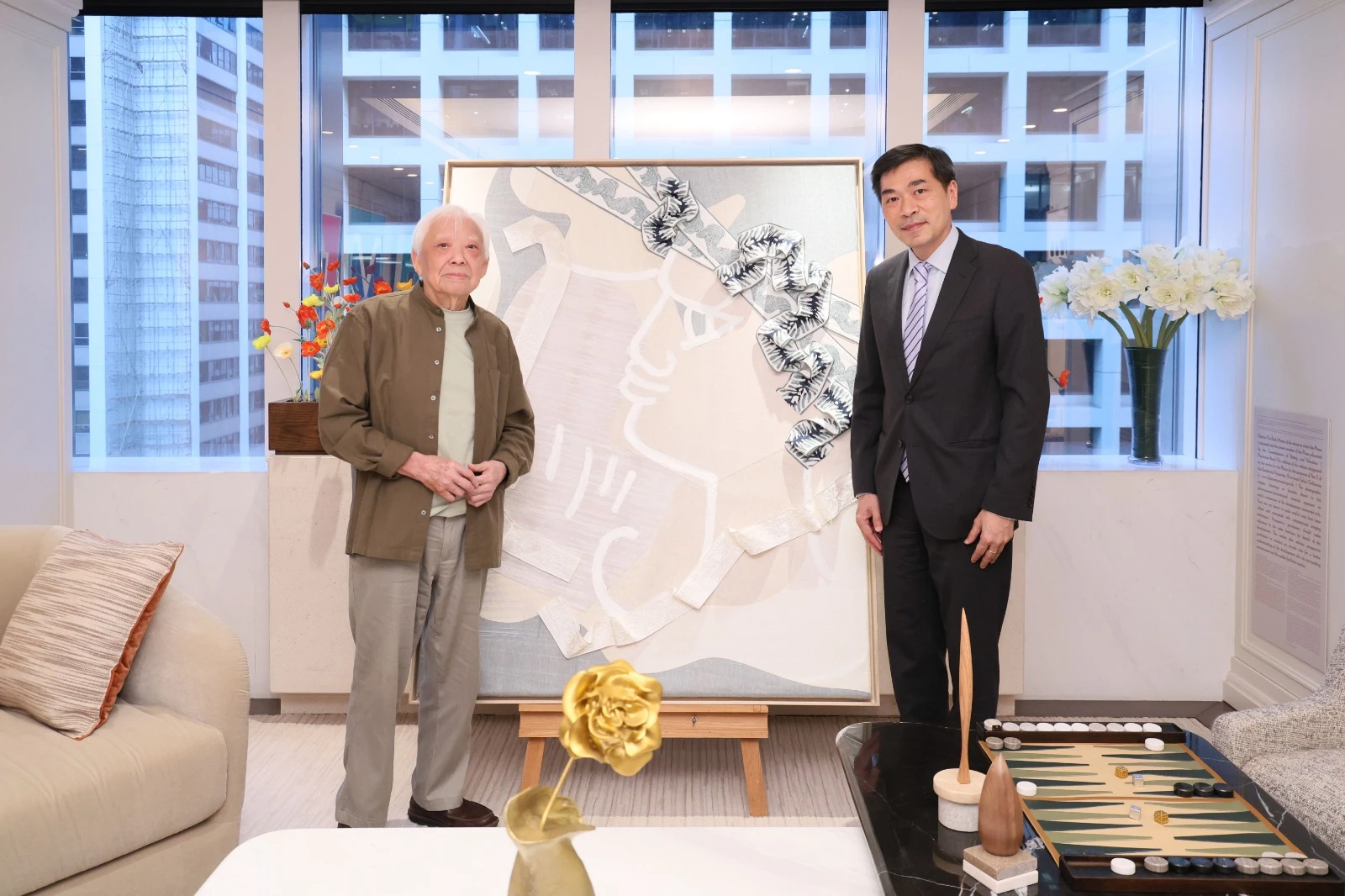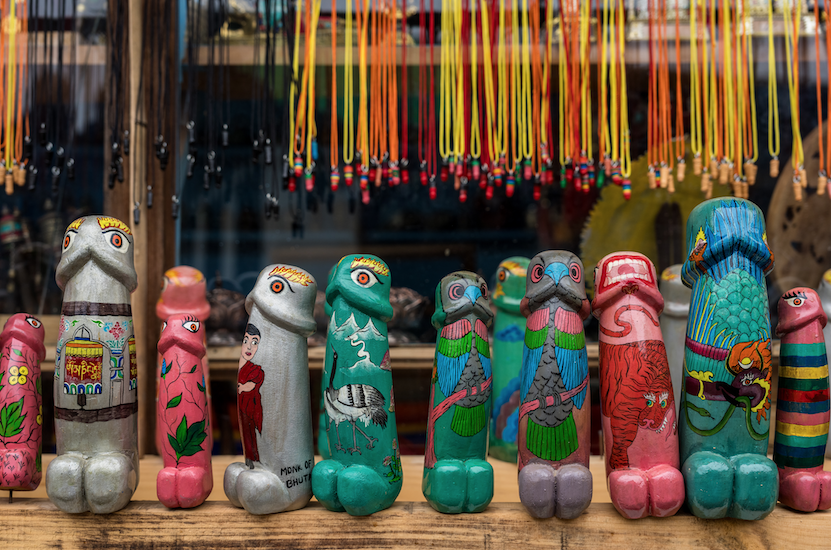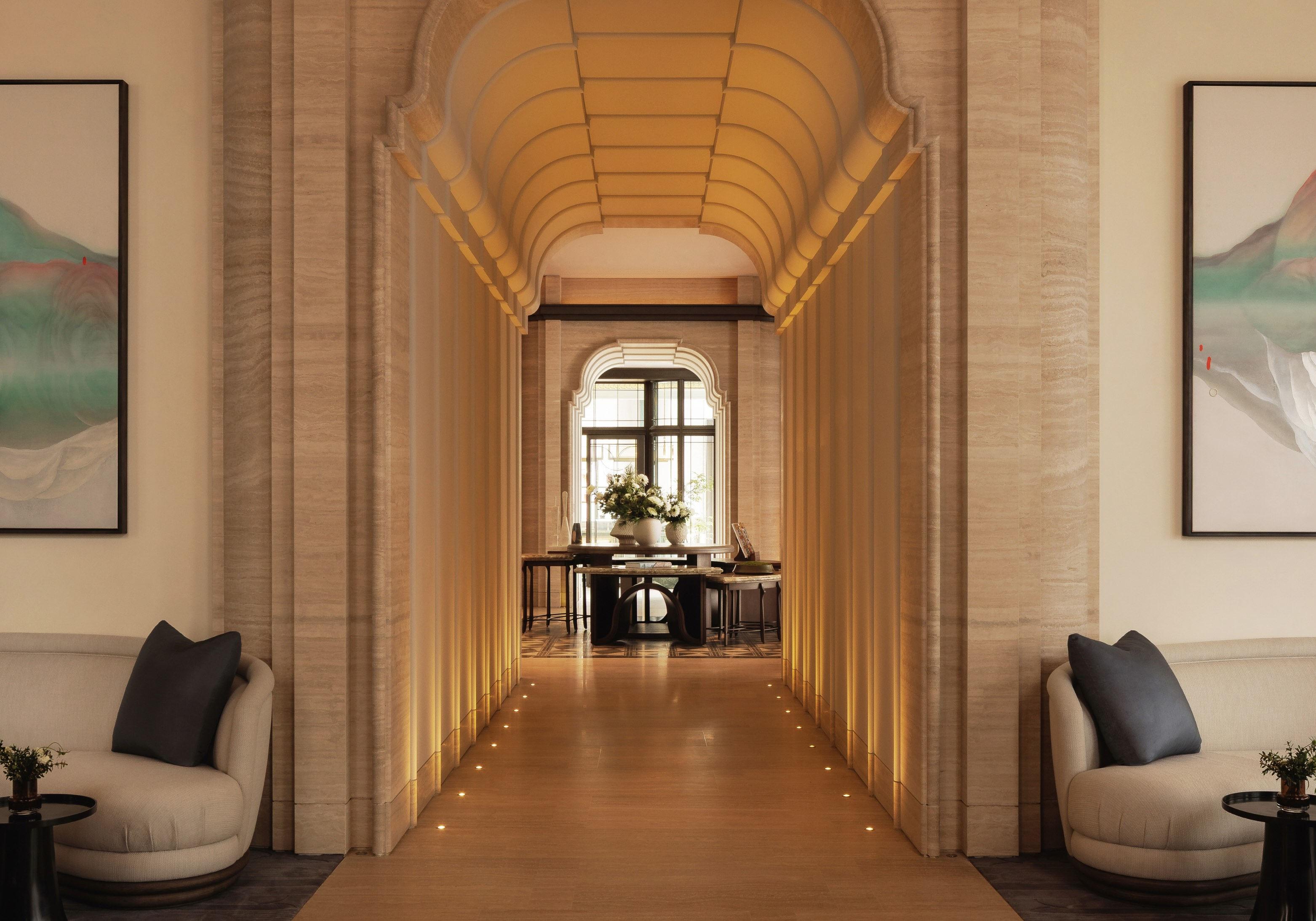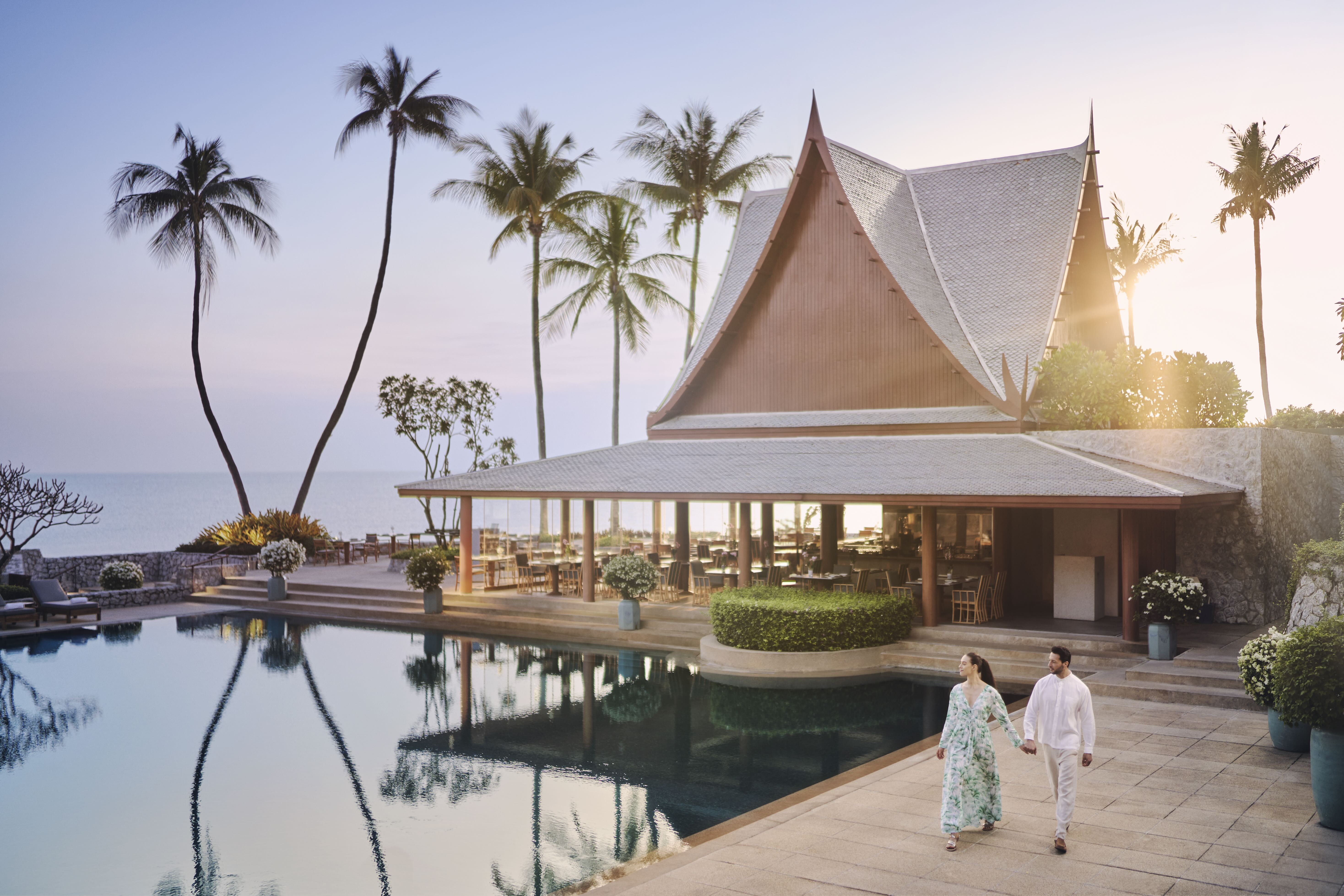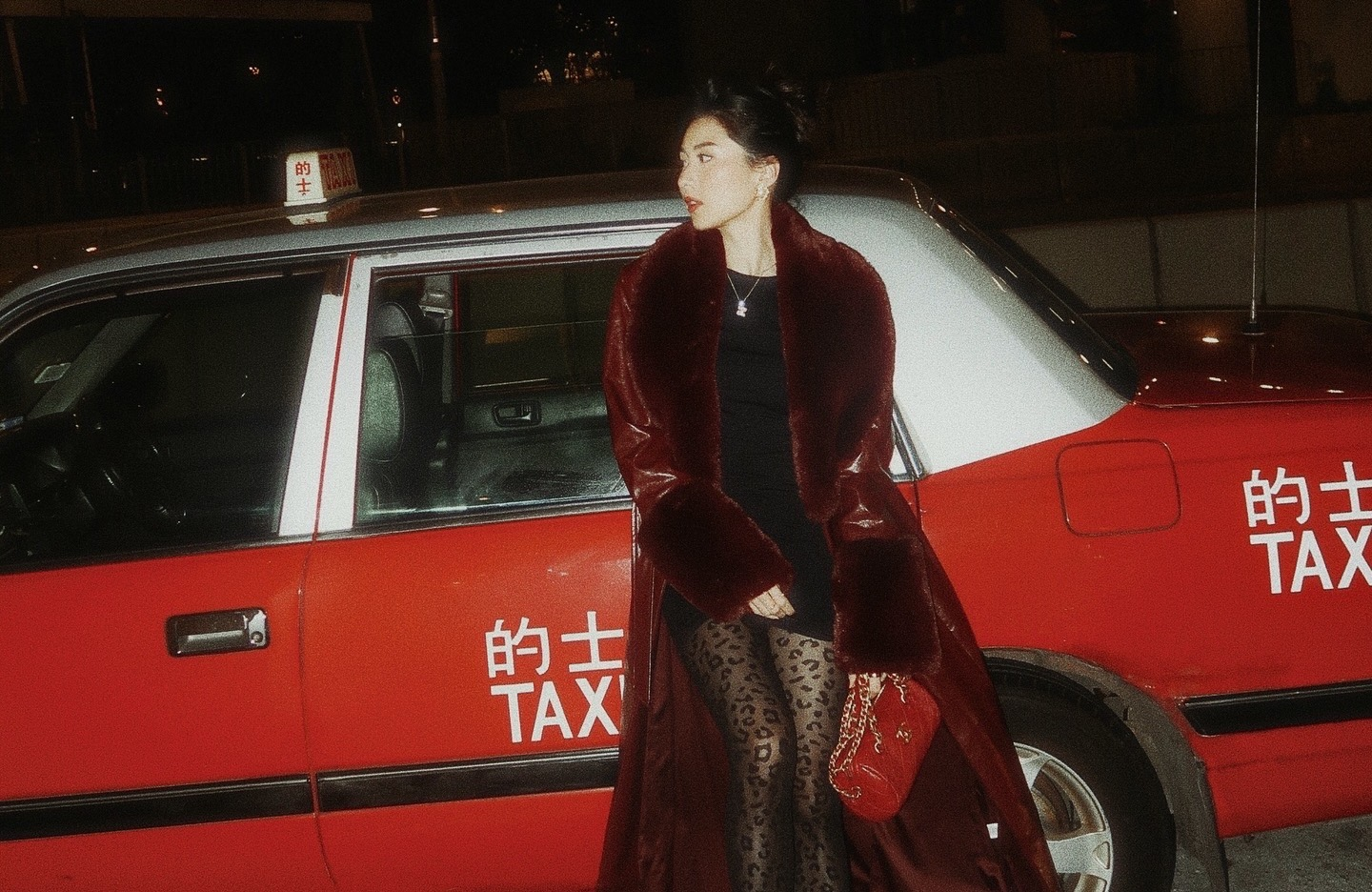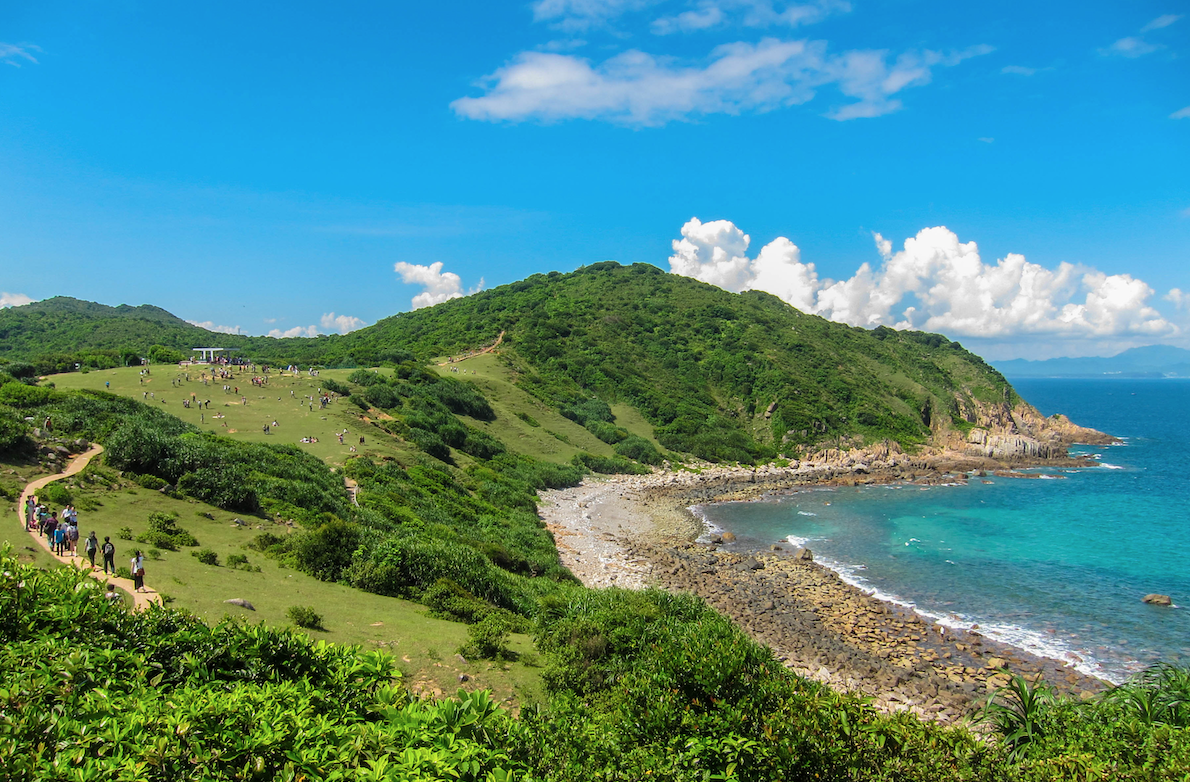Farm-Fresh Food Hits New Levels as Chefs Take Matters Into Their Own Hands
Feb 29, 2016
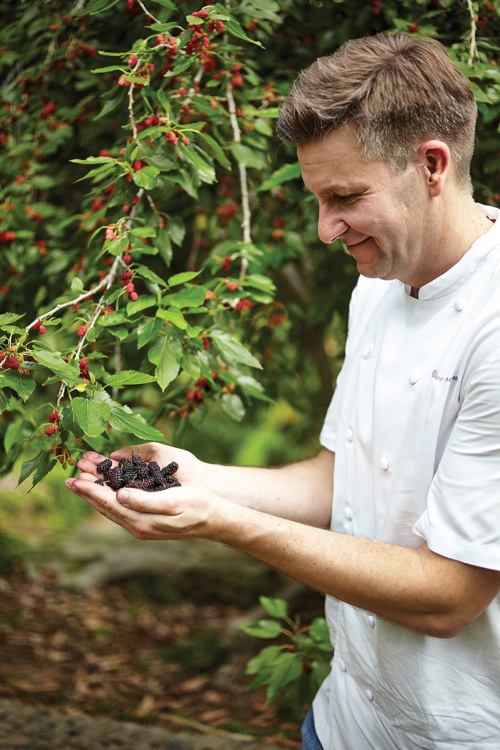
Consider the effort restaurateurs expend in bringing fresh food from the farm to their diners. Now consider how much easier it would be to take diners to the source of fresh food. Some restaurateurs have done just that, with diners discovering a fresher form of food while taking in surroundings that are a pleasure in themselves.
One establishment in this field, so to speak, is the Flora Kitchen and Flora Grocery in the middle of the rustic abundance of Flora Farm, a four-hectare organic farm in San José del Cabo, Mexico. The restaurant makes a point of serving dishes made from ingredients harvested the same day and bread that comes straight from the wood-fired oven. Flora Farm is also a ranch, where the livestock are raised humanely to provide high-quality beef, pork, chicken and eggs. The experience of dining amid the bountiful fields that delivered your food is said to be unforgettable and the farm attracts the celebrity set. Maroon 5 singer Adam Levine was married on the farm in the summer of 2014.
Apart from being the hottest restaurant reincarnation in years, a revamped Noma is set to move to a new location with its own urban farm. Chef René Redzepi intends to reinvent the restaurant as a casual dining spot at Strandgade 108 in Copenhagen, to be called simply 108. The restaurant’s farm will provide much of the produce for the establishment’s seasonal fare. Vegetables will form the theme of spring’s dishes and seafood during the winter months. Mandarin Oriental, Hong Kong Executive Chef Uwe Opocensky thinks Redzepi’s plan is brilliant and envisions the property’s menu evolving along similar lines.
#: You’ve heard Noma plans to evolve into an eatery with its own vegetable farm. What are your thoughts?
UO: It’s been for a long time coming. The thing is, it’s very hard for a city hotel or restaurant to have its own outdoor space. It’s a very smart step by René, taking things much further than he has done already. For him, it’s more like a timing issue and the right space came along for him to do that.
#: The Mandarin Oriental has its own private organic farm on Cheung Chau. Could you tell us more?
UO: The farm is actually the private property of a family, so we are very lucky to be able to share the space and work together with them. Right now, we work with whatever products our farmer has. I really want to make sure the biological balance of the farm and crop rotation remain as they should be. So it’s more about the farmer telling the chef what he has, and the chef creating something with it. There’s a lot of trial and error.
#: Tell us more about your vision for the HK$1.5 million project on the organic farm where diners take part in a one-night-only dining experience?
UO: I was asked: “What is the ultimate thing that you could create?” I think, for me, it would be a meal where I have carte blanche to create anything from a place where the diners are consuming everything that grows around them. It’s like going to the safari with nothing but a tent to sleep in. You really can immerse yourself and be a part of your surroundings. It is like a dream.
#: Diners should expect a seasonal menu that changes all the time?
UO: Basically, we will concentrate more on fish, shellfish and truffles in the winter months because that’s when the livestock and flavours are at their peak, with really icy water. In spring, we will concentrate much more on vegetables, spring lamb and chicken. In summer, we will move on to the vegetarian root and plant kingdom. Basically, vegetables will play the main role and meat will become the garnish. In autumn, we will concentrate much more on wild mushrooms and game.




